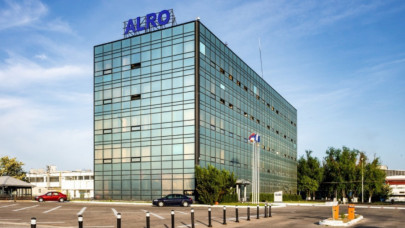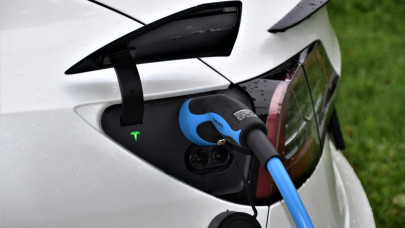In the quest for net-zero operations, airports of the future prioritize storing power from renewable sources like solar and wind energy. Energy storage in batteries emerges as a vital component to achieve emission reduction goals.
Despite challenges in obtaining approval for battery systems in critical infrastructure, Copenhagen Airport is set to operationalize a large battery soon, positioning it as one of the first in European airports.
Maria Skotte, Vice President of Sustainability at Copenhagen Airport, emphasizes the importance of testing different energy storage scenarios to enhance sustainability.
Collaboration between Copenhagen Airport, the Danish Technological Institute, and Hybrid Greentech has helped mitigate security risks associated with battery operation in airports. Lars Overgaard from the Technical Institute highlights the efforts to minimize risks, including fire hazards, data leaks, and legal issues.
Hybrid Greentech provides the energy management system for the battery, ensuring functionality and operational reliability through rigorous testing. Smart control systems are crucial for efficient green power storage, enabling optimal utilization of renewable energy sources.
Christoffer Greisen, COO of Hybrid Greentech, explains how advanced control systems interact with charging stations and other facilities to enhance CO2 reductions and contribute to overall energy system stability.
With plans to introduce 1350 new electric vehicle charging stations, Copenhagen Airport prioritizes embracing battery technology for optimal energy utilization.
The ALIGHT project, in which Copenhagen Airport plays a leading role, aims to integrate electrification and renewable energy sources into future airport configurations. The project will assess scaling potentials and share findings with other airports.
Maria Skotte underscores the importance of smart energy management in reducing electricity costs and CO2 emissions. The project will continue demonstration activities and experiments until 2025, gathering valuable insights to drive sustainability in airport operations.













